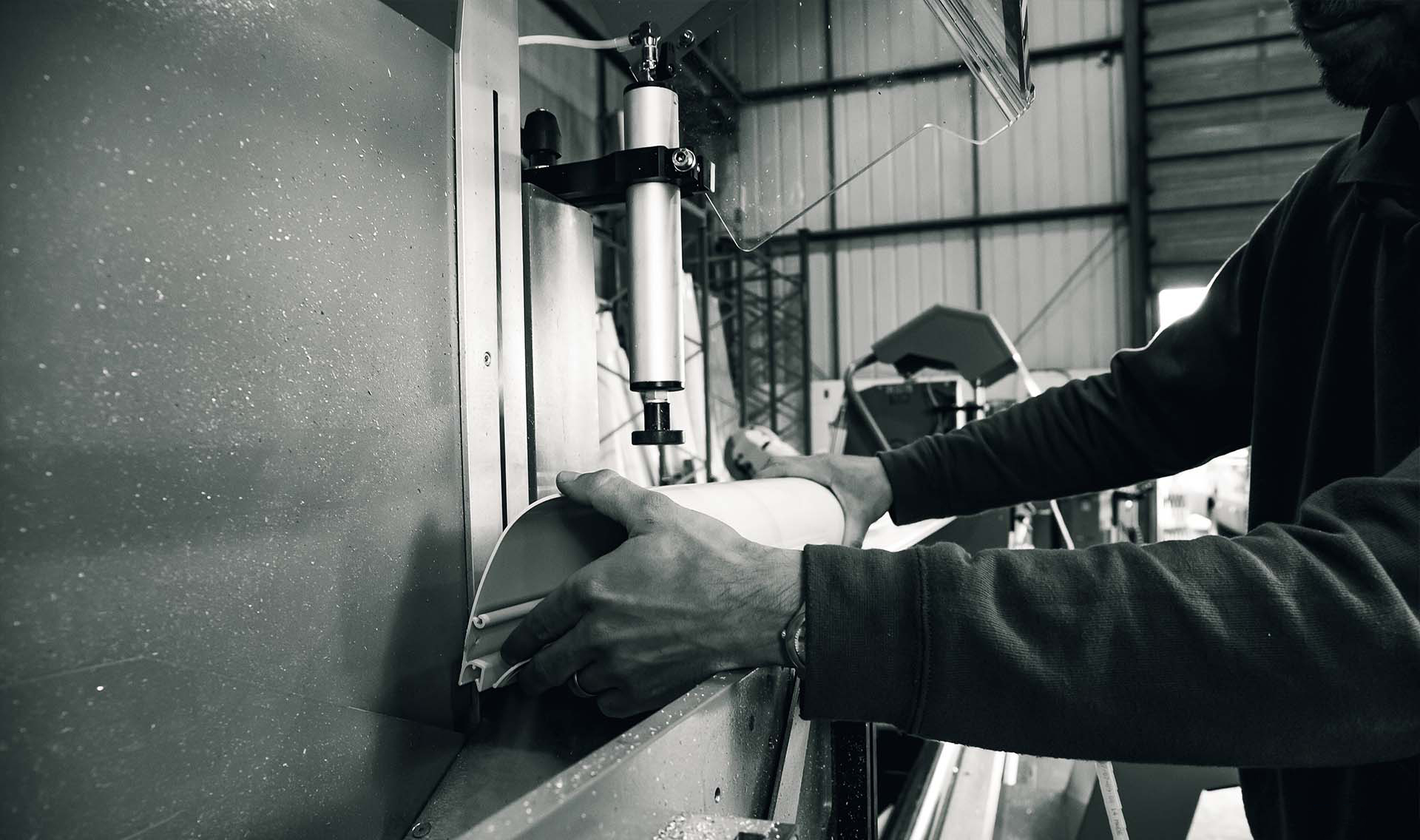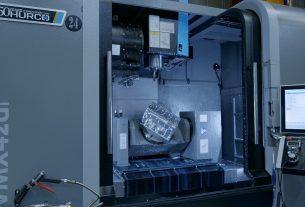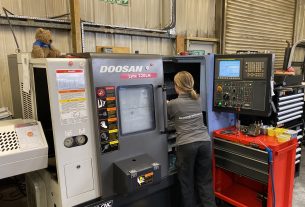Outsourcing from offshore is not a new notion for the manufacturing industry. In fact, many countries such as China – also referred to as ‘the world’s factory’ – are renowned for their levels of production and ability to mass manufacture for increasing worldwide consumption.
Despite offshore manufacturing being the ‘go-to’ option for many businesses, UK manufacturing and the many benefits it provides is rapidly gaining – and rightly so.
A recent UK Parliament report revealed that in 2021, the manufacturing sector accounted for 9.8% of total UK economic output (Gross Value Added) and 8.1% of jobs between July and September 2022.
These statistics showcase the sheer value of UK manufacturing and how it has been instrumental in boosting the economy, especially in the wake of the COVID-19 pandemic. To maintain this trajectory, more businesses should be exploring the advantages of UK manufacturing and making the switch if they haven’t done so already.
Upskilling the UK
The undeniable skills gap in the UK is of growing concern. With a greater push toward higher education than vocational learning, there is a noticeable skills shortage and an increasing need for skilled manufacturing roles.
By onshore manufacturing, UK businesses are creating more jobs and learning opportunities for the entire industry as a whole. By creating clear career progression for employees through initiatives such as apprenticeships, businesses can help bridge the skills gap and create a pool of experienced and skilled workers in the UK.
Shorter lead times
By remaining closer to home, UK manufacturers are able to respond to requests at a faster rate, resulting in shorter lead times for both suppliers and the end customer. It also allows manufacturers to streamline other elements including R&D, ultimately staying ahead of competitors. As such, bespoke solutions can be quickly responded to, and samples distributed faster than offshore manufacturers.
Quality assurance
One of the main benefits of UK manufacturing is the ability to manage all aspects of the business, ensuring consistency and quality throughout each stage of production. Businesses can provide a ‘one-stop-shop’ solution for customers by overseeing every single element – from initial inquiry and R&D, production and quality control, to installation and after-sales services.
Other countries outside of the UK hold different standards and regulations, which can vary in quality and strictness. It’s quicker and easier to visit your UK supplier during production to ensure everything is running smoothly, whilst also developing a better understanding of your manufacturing process.
UK manufacturers can guarantee higher levels of quality knowing that the specifications for their products have been designed and produced in-house and not shipped halfway around the world where the product could return not exactly to brief. Furthermore, with less distance to travel, UK manufacturers minimise the risk of damage to products in transit.
Exceptional customer care
Customer service is key to any successful business, and one of the best ways to certify customer satisfaction is to maintain communication and transparency.
As a UK manufacturer, businesses can offer more production transparency – facilitating and enabling customers to visit the premises and view the production process first-hand. Communication is also bolstered as businesses can account for all stages of production and provide detailed information on the production process.
To conclude, both Brexit and COVID-19 have impacted and indicated a need for more local manufacturing to successfully bridge the gap between the skills shortage, economic growth and logistical restrictions. Because of this, local companies are a much more attractive option as they are in a better position to work with smaller minimum order quantities and take advantage of potential relationships with local suppliers.
While there will always be certain benefits associated with offshore manufacturing, there’s never been a better time to ‘keep it local’ and support our own economy. Encouraging British manufacturing not only creates new job opportunities in local areas but enhances the possibilities for providing tangible skills to future generations.





